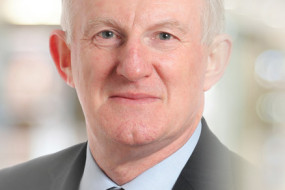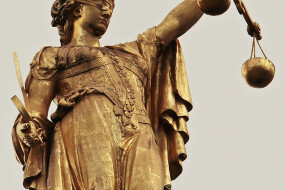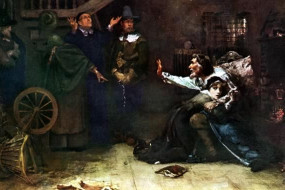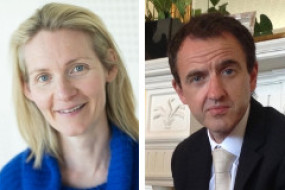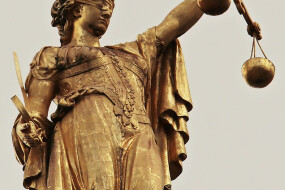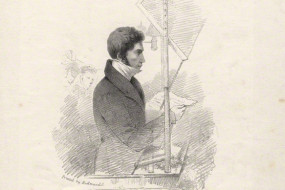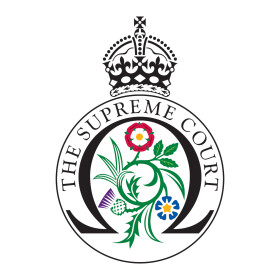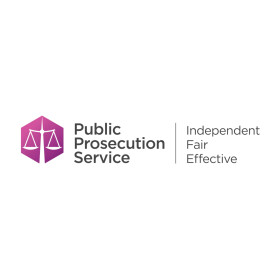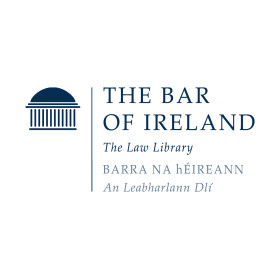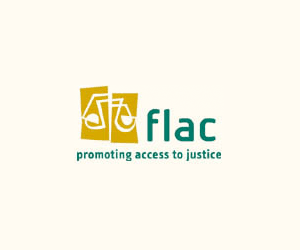Joanne Hyde, employment partner at Eversheds Sutherland, examines a recent Irish court ruling on Sunday work. A recent decision of the High Court in the case of Trinity Leisure Holdings Limited Trading as Trinity City Hotel v Sofia Kolesnik and Natalia Alfimova [2019] IEHC 654 has brought much neede
Blogs
Employment law solicitor Richard Grogan of Richard Grogan & Associates looks at how workplaces can best accommodate women who have miscarried. In the Irish Independent recently, Eilish O’Regan wrote an article where Lisa Finnegan spoke to her about enduring the sadness of two miscarriages
LK Shields consultant Tom Simpson and trainee solicitor Katie Linden consider a recent Supreme Court judgment confirming that non-party funders can be held personally liable for costs. The Supreme Court has unanimously ruled that the principal shareholder and owner of a construction company is to be
Employment law solicitor Richard Grogan of Richard Grogan & Associates responds to reports about a job advertisement published by a UK celebrity chef. When it comes to dysfunctional industries, sometimes what comes out of the restaurant industry is so amazing that you would not believe it actual
In 1937, a story emerged in the newspapers about a girl from Glasgow called Julia Clarke who had been sentenced, in absentia, to one month's imprisonment for “kissing a boyfriend in public”. Ms Clarke and the (notably unnamed) local boy had been seen kissing on church property in Blackro
Barry Walsh, partner and head of employment at Fieldfisher, considers employees' right to accompaniment or representation in internal company processes. A recent piece in the Law Society Gazette reported on how an employee involved a redundancy consultation process in New Zealand brought a clown (th
On 24 March 1661, Florence Newton was committed to prison in Youghal, Co Cork, having been accused of bewitching a young servant girl named Mary Langdon. At Florence’s trial on 11 September 1661, Mary gave evidence that the previous Christmas, Florence had gone to the house of John Pyne, where
The infamous ‘backstop’ is gone, but the new Irish Protocol could lead to the indefinite jurisdiction of the Court of Justice of the European Union within the United Kingdom, writes Oliver Garner of the British Institute of International and Comparative Law. The new Protocol on Ireland/N
Claire Edgar, partner at Francis Hanna & Co Solicitors, considers yesterday's UK Supreme Court decision in a child abduction case. The majority of child abduction cases do not involve strangers. Children, who are caught up in the relationship disputes of their parents, are often removed from the
Dr Anne Smith and Professor Colin Harvey consider the case for a Bill of Rights for Northern Ireland in our current Brexit-dominated landscape. A Bill of Rights for Northern Ireland remains part of the unfinished work of the Belfast Agreement/Good Friday Agreement (the B/GFA). It is still needed, an
Employment law solicitor Richard Grogan of Richard Grogan & Associates examines a recent ruling on sexual harassment. In the case of Waterford Institute of Technology and Louise Walsh, the Labour Court has helpfully set out the law in very clear and precise terms.
Large parts of the landmark Legal Services Regulation Act 2015 were commenced by Justice Minister Charlie Flanagan through statutory instrument earlier this month. S.I. No. 502/2019 - Legal Services Regulation Act 2015 (Commencement of Certain Provisions) (No. 2) Order 2019 has come into force as of
Suryapratim Roy, associate professor at TCD School of Law, considers climate change within the context of human rights law. Samuel Moyn, a Yale historian, finds human rights to be “unambitious in theory and ineffectual in practice”. The argument goes that over the last half-century, they
Social media is replete with various examples of quackery; from detox teas and bee-sting facials, to more sinister bleach therapies and cancer cures. Far from being a novel issue, quackery in Ireland has a long history, and many of us who have grown up in rural areas have heard stories of people who
In March 1817, Peter Blake brought Mary Wilkins to Court seeking compensation for breaking a promise of marriage. Mary Wilkins was a wealthy woman in her sixties, whose husband had died over 40 years earlier, leaving her the bulk of his fortune.







